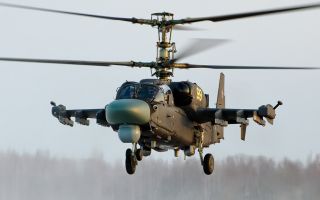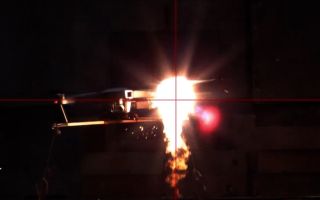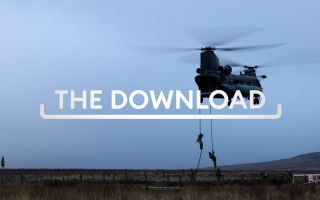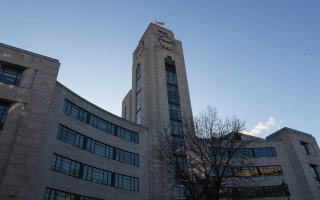KFOR: The Nato task force that's been keeping the peace in Kosovo for 25 years
It is now 25 years since Nato's Kosovo Force peacekeeping mission got under way.
In recognition of the milestone anniversary, wreaths were laid at the UK memorial in the country's capital Pristina.
The memorial stone bears the names of 14 British and Commonwealth soldiers who lost their lives whilst on operations in Kosovo.
KFOR was deployed in 1999 after Western nations ended the sectarian conflict with a bombing campaign, and the force has been required to remain there to this day.
It maintains a presence of around 4,000 personnel, and more than 200 peacekeepers have died on the mission.
Origins
After the Nato bombing campaign of 1999 against nationalist Serbian leader Slodoban Milosevic's forces in Kosovo ended, the British Army was deployed as a peacekeeping force.
While peace was ensured, the force remained in place to make sure it continued.
Before KFOR was deployed, ethnic cleansing was taking place, and more than one million people were forced to flee from the violence.
International outrage and failed peace talks saw Nato intervene.
Then-defence secretary Lord Robertson said: "The first decision we had to take was to start an aerial campaign, bombing campaign without the UN Security Council resolution.
"So for 78 days we were involved in bombing targets in Kosovo and Serbia in order to stop the ethnic cleansing that Slodoban Milosevic was doing at that time.
"It was only after the end of the 78 days then we succeeded in driving the Serb government forces out that we were able to then deploy British Army contingents in this part of the peacekeeping operation for Kosovo as well."
Mission
KFOR's objective is to promote security, democracy and peace for every ethnicity in the country.
It also aims to ensure freedom of movement for all.
After Serbia's withdrawal, KFOR peacekeepers entered the country in June 1999, allowing ethnic Albanian refugees to return.
While the country held much division, peacekeepers were also tasked with ensuring both sides remained civil.
History
In 2004, more than 100 KFOR personnel were injured dealing with riots.
They have also faced Albanian protests which took place following failed UN proposals regarding Kosovo's autonomy.
As recently as 2023, riots have forced KFOR to be deployed to tackle unrest and dozens of troops were injured.
More than 200 Nato soldiers have been killed during peacekeeping missions over the years.
Today, the UK has vowed to continue its contribution to KFOR until at least 2026.









